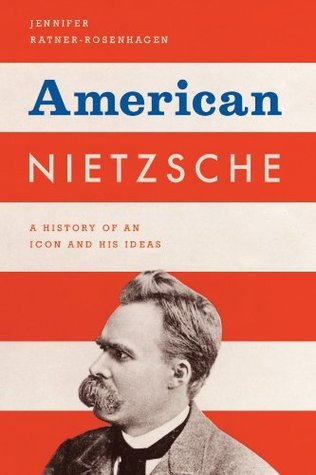Once he highlighted Förster-Nietzsche’s anti-Semitism, Kaufmann built his case for Nietzsche’s innocence by emphasizing the philosopher’s “powerful ambivalence” about his little sister. He loved her because of her devotion to him, but he was often aggrieved by all the ways she “embodied the nar-rowness … and the deeply unchristian Christianity” of the warped culture of the Kaiserreich.34 Ambivalence escalated to disgust when he learned of her marriage to Förster. Witness, for example, his letter to her in 1887 in which he wrote,“One of the greatest stupidities you have committed—for yourself
...more
Welcome back. Just a moment while we sign you in to your Goodreads account.


